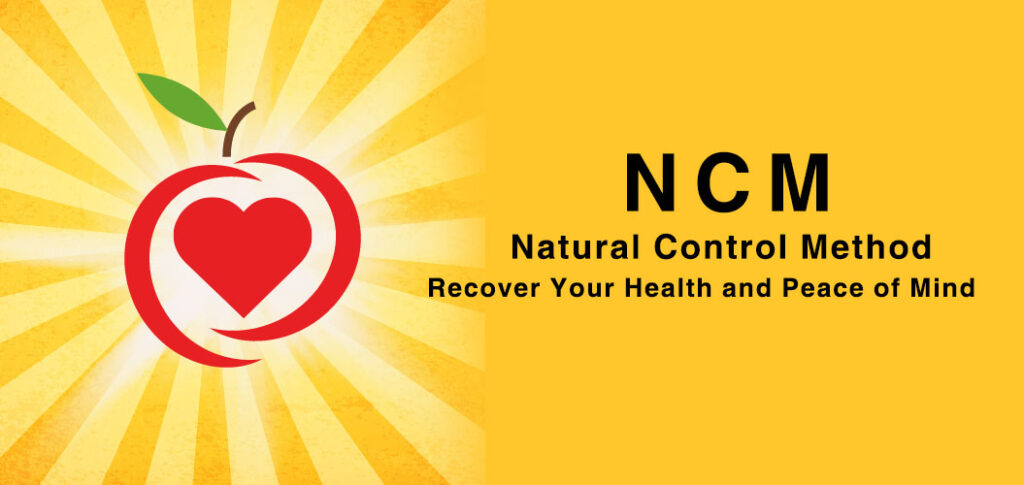Forgiveness: The Gift your Give Yourself
As you are most likely aware, I am a great proponent of forgiveness. The researcher who “wrote the book” on forgiveness has a mighty claim his ability to forgive! Read on to find out more! Natural Control Method can release the negative patterns that cause the system to hold on to pain and grief, creating a space for forgiveness.
Forgiveness is a marvellous way to start any day!
Blessings,
Deborah
http://www.thepowerofforgiveness.com/understanding/index.html
Common misconceptions
- Forgiveness must be a religious and spiritual experience.
All of the major faith traditions include forgiveness as a central value. However, forgiveness is so universal to our human experience that it plays a large role across faith traditions as well as among people who do not practice a religion.
- First a person needs to apologize; then the person who was wronged can forgive him.
Forgiving is something we choose to do for our own well-being, and is not dependent on an apology from another. If we wait for apologies, we run the risk of suffering longer than necessary. It may be much easier to forgive someone who has apologized, but you can still choose to let go of thoughts of revenge and other negative feelings and move on, even if the person who hurt you is not sorry.
- People who haven’t forgotten about a wrongdoing haven’t really forgiven the other person.
It is not necessary to “forgive and forget.” In fact, the process of forgiveness involves acknowledging to yourself what happened and how you feel about it. “Forgetting” about an injustice could be denying, suppressing or excusing it—which is not forgiveness. It is enough to be able to remember a wrong that was done to you and not wish harm on the person who hurt you. Then you can go forward without the hurtful person, especally if they are not remorseful and continue to be hurtful. Our Creator God Jah wants us to be happy, not abused.
Benefits of forgiveness
There are three typical responses to being wronged: reciprocating with equal harm, avoiding the person, or seeking revenge. Forgiveness, on the other hand, is a conscious decision to offer generosity and mercy that a person’s actions do not deserve. And, paradoxically, by forgiving another, we benefit ourselves.
The growing body of research on forgiveness is finding that people who forgive are more likely than the general population to have:
- Fewer episodes of depression
- Higher self-esteem
- More friends
- Longer marriages
- Lower blood pressure
- Closer relationships
- Fewer stress-related health issues
- Improved immune system function
- Lower rates of heart disease
And they are more likely to be happy, serene, empathetic, hopeful, and agreeable.
Researchers have been able to demonstrate how holding a grudge affects our cardiovascular and nervous systems. They did this by asking people to think about a wrong they experienced and measuring their heart rates, blood pressure, and muscle tension. All increased. The participants also said they felt less in control.
But can forgiveness reverse the effects of holding a grudge? Research is finding that it can. Researchers have studied whether training in forgiveness results in improved well-being. They are finding as they follow up with people that the benefits listed above are significant, and that they last long after the training. This seems to be the case whether the person learned about forgiveness in group workshops or one-on-one.
Sources:
The How of Happiness, by Sonja Lyubomirsky
Learning to Forgive May Improve Well-Being, Mayo Clinic
Two Journeys of Forgiveness
Amy Biehl, a 26-year-old Stanford graduate working on women’s rights in South Africa on a Fulbright scholarship, was pulled from her car and murdered by a mob during a riot.
This was two days before she was due to return home and see her family and longtime boyfriend. She never knew that he was planning to propose marriage when she got home. Four men were convicted and sentenced to prison. Years later, Amy’s parents returned to South Africa to testify at the young men’s Truth and Reconciliation Commission hearing. They supported amnesty for the young men, who were released. The Biehls established the Amy Biehl Foundation and returned to South Africa to continue Amy’s work. And they continued to get to know the young men and their families. Two of them work with the Amy Biehl Foundation Trust providing educational programs to children in townships outside Cape Town. One of the men, Ntobeko Peni, says: “One has to find peace within in order to live. It’s odd, but sometimes people who offer forgiveness are so disappointed when the people they forgive cannot forgive themselves. This foundation helped me forgive myself.”
Dr. Everett Worthington, a clinical psychologist and professor at Virginia Commonwealth University, specializes in forgiveness research and was just finishing his book To Forgive Is Human when he got a horrifying call from his brother.
“Something terrible has happened. Mama’s been murdered. There was blood on the carpet, the walls….” Dr. Worthington tells his story and his struggle to forgive the two young men who broke into his mother’s house in the opening of his book Forgiving and Reconciling: Bridges to Wholeness and Hope. His five-step REACH process for forgiveness has been proven effective in research studies to help people forgive and feel less anger and more hope.

